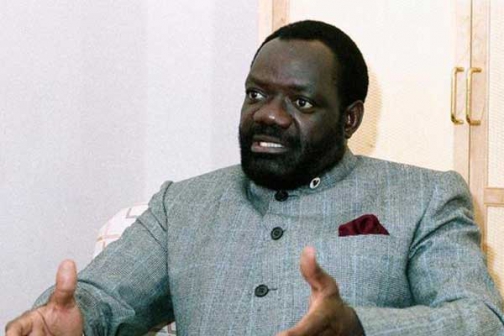
Why did the world not mourn the death of General Jonas Savimbi of Angola? When this great freedom fighter was killed in February 2002, one would have expected that the people of Angola, and in deed the whole world, should have mourned the death of a fallen hero. This highly gifted man had been fighting for freedom for almost all of his adult life. Right from the days of the colonial reign in Angola to the time of the formal election of the government of Dos Santos, Savimbi stood and fought against what he saw as the exploitation of his people.
Yet, unfortunately, the death of Savimbi elicited nothing but celebration almost across the entire globe. Nobody seems to have had anything positive to say about Savimbi and his fight for freedom. Media houses and world leaders, even here in Kenya, did not see any need whatsoever to send messages of condolence to the people of Angola on the loss of a great hero! To the contrary, many sent messages of goodwill to Dos Santos and his government and wished them peace on the departure of a man they considered an obstacle to peace and tranquillity in Angola.